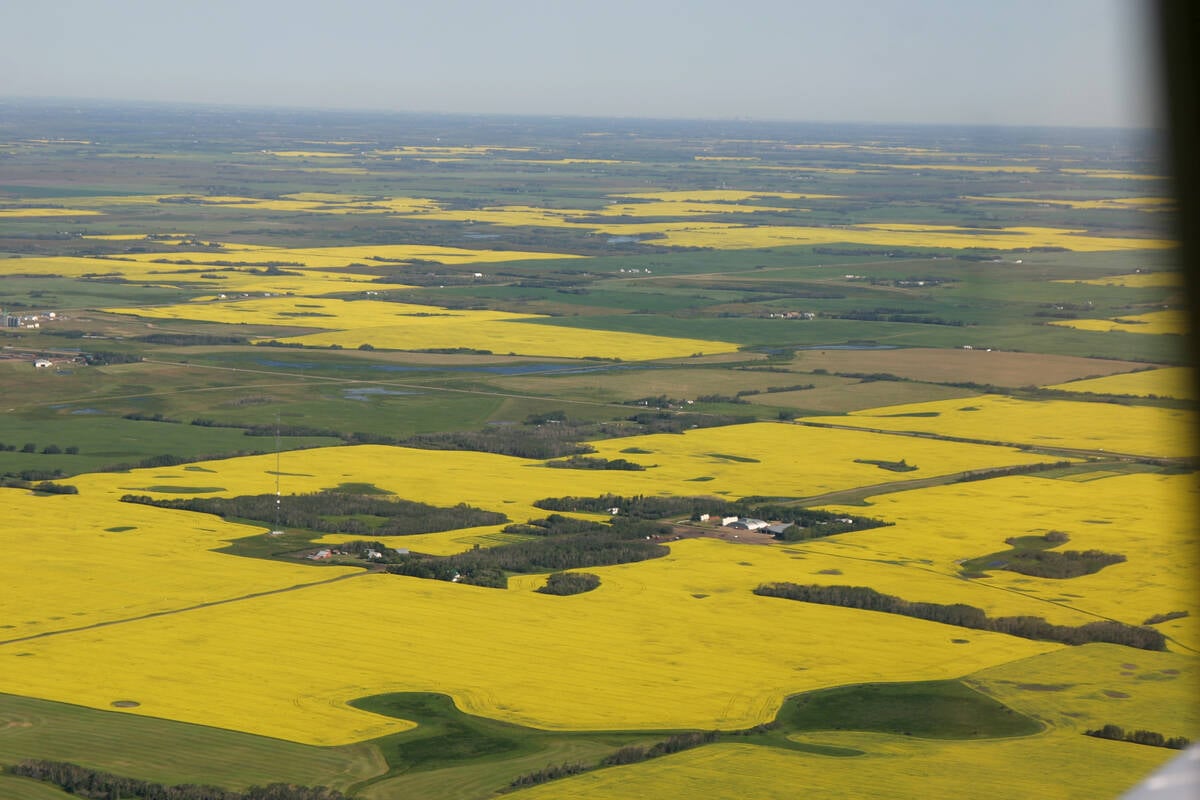Global Institute for Food Security | University receives funding from PotashCorp, provincial government
The Global Institute for Food Security expects to bring new research money to Saskatchewan and improve local and global food systems.
The institute, established at the University of Saskatchewan, hopes to make itself heard on policy initiatives to improve interactions between the various parts of the food system.
It will also conduct agronomic research, including breeding for higher yield, improving processing traits, looking at how soil quality affects the nutritional value of crops and adapting prairie zone crops to available soil and water.
PotashCorp contributed $35 million to the institute, which is the largest donation in the company’s history, while the provincial government committed $15 million over seven years.
Read Also

Increasing farmland prices blamed on investors
a major tax and financial services firm says investors are driving up the value of farmland, preventing young farmers from entering the business. Robert Andjelic said that is bullshit.
University president Ilene Busch-Vishniac said during a Dec. 10 ceremony that the institute will use a system-wide approach to improving food security, not just by improved crop production but also by promoting new policies that help ensure food gets to where it’s needed.
“Unlike some existing food security institutes, who focus on a piece of the problems, we are determined to find solutions across the entire food system — from field to fork,” Busch-Vishniac said.
Saskatchewan premier Brad Wall said the need to increase food production in the province is as much a moral imperative as it is an economic one.
“Today there are nearly 900 million people, one in eight among us, who live on this planet that are chronically malnourished. An estimated 50 million children under the age of five go to bed hungry every night,” Wall said.
“Saskatchewan will play a role disproportionate to its population, but one that is proportionate to the challenge and to the opportunities of feeding a hungry world”
Global food production will have to increase by 70 percent to feed an estimated population of nine billion by 2050, Wall said.
PotashCorp chief executive officer Bill Doyle said farmers will need to produce as much grain in the next 50 years as they have in the past 10,000 years.
“The crop nutrients that we produce — nitrogen, phosphate and potash — are responsible for as much as half of the world’s crop yield,” said Doyle.
“In many developing regions, farmers are still trying to feed their families with soils badly deficient in basic nutrients, using farming methods that limit their productivity. With the knowledge, resources and commitment that we have in Saskatchewan, we can advance food solutions to help the world.”
The University of Saskatchewan is cutting programs and staff to trim $45 million from its annual budget, but Busch-Vishniac said there are limits to how much the private investment will direct research.
“This institute will be treated as every other institute on campus,” she said. “There will be a board that has some representation of our partners, but they will only set broad strategic direction, and everything that is done in this institute will have the same guarantees of academic freedom that are common for everything we do on this campus.”
Wall said the government is hoping additional private partners will become involved with the institute.
Garth Patterson, executive director of the Western Grains Research Foundation, said the organization invests more than $6 million of producers’ money a year in crop variety development and agronomic research. The new institute will likely attract some of the money, he added.
“We plan to increase funding by $15 million over the next four years and I am confident that the university’s increased research capacity will attract a portion of this funding,” Patterson said.
















